Earth Week: Special Edition of Good Climate News this Week!
Apr 26, 2024
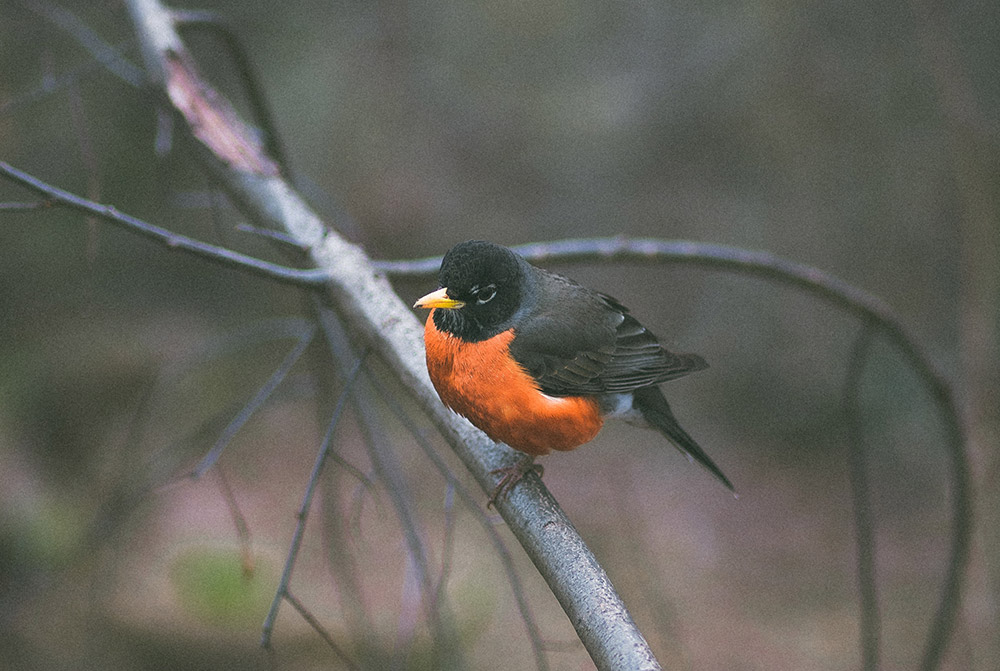 Credit: Mark Grant
Credit: Mark Grant
Every Monday, we round up five of the best good climate news stories we’re celebrating. This week we’re covering tax credits for the purchases of electric vehicles, Vineyard Wind generating electricity, grants to advance equity in clean energy development, how London’s “Ulez” is driving down emissions, and New York’s Birds and Bees Protection Act.
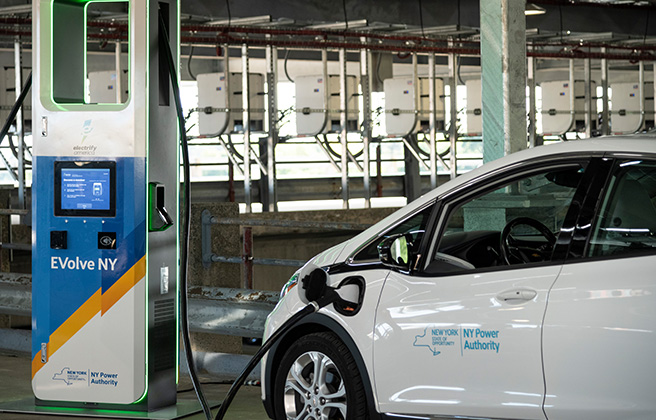
Tax credits up to $7,500 are now available as an instant rebate, either as cash, a price discount, or a down payment, for the purchase of new electric vehicles. Currently, EV models from manufacturers Rivian, Ford, Tesla and GM are eligible for point-of-purchase tax credits. Credits of up to $4,000 will also be available for used vehicles from a wider range of manufacturers.
Having the credits available immediately, rather than requiring customers to wait to file their taxes, can make transitioning to an EV more accessible for people who may not have previously been able to afford it.
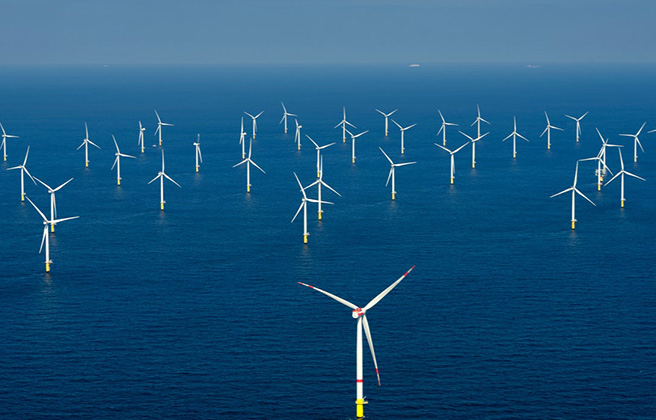
Electricity generated by a turbine in Vineyard Wind, the nation’s largest offshore wind development, was delivered to New England’s grid for the first time last Tuesday. This milestone comes on the heels of the announcement that another smaller offshore wind development, South Fork Wind, started supplying energy to the grid in early December.
Supplying power to the grid is a monumental step for the offshore wind industry which has recently struggled with various roadblocks, including supply chain issues and inflation.
When completed later this year, Vineyard Wind will generate over 800 megawatts of electricity, or enough to power 400,000 homes.
Source: Boston Globe, Guardian

The Department of Energy has awarded a $6.3 million grant to Black Owners of Solar Services (BOSS), a community of Black solar photovoltaic professionals, to assist the group in its effort to train minority-owned businesses to apply for DOE programs and funding.
The funding agreement between DOE and BOSS will help the Biden administration achieve its Justice40 goals by promoting equitable access to government funding for minority-owned clean energy businesses and creating clean energy jobs in historically under-served communities.
Source: Department of Energy
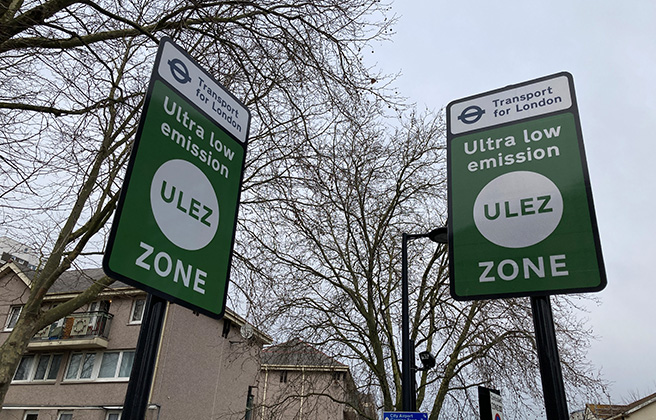
A new report shows that the implementation of London’s ultra-low-emissions zone (or the “Ulez”) has resulted in a 180-tonne reduction in road traffic particulate matter pollution and a 13,500 tonne drop in traffic-related nitrogen oxides emission between the years 2019 and 2022. This emissions reduction is equivalent to the amount of emissions produced by the city’s airports, or its river and rail transportation combined.
The Ulez functions by forcing drivers operating a vehicle that does not comply with emissions standards to pay a daily fee of £12.50. The policy has dramatically reduced the number of older, more polluting vehicles being driven in the city.
The ultra-low-emissions zone has already been expanded several times, and the resulting emissions reductions has brought cleaner, safer air to millions of Londoners.
Source: Guardian
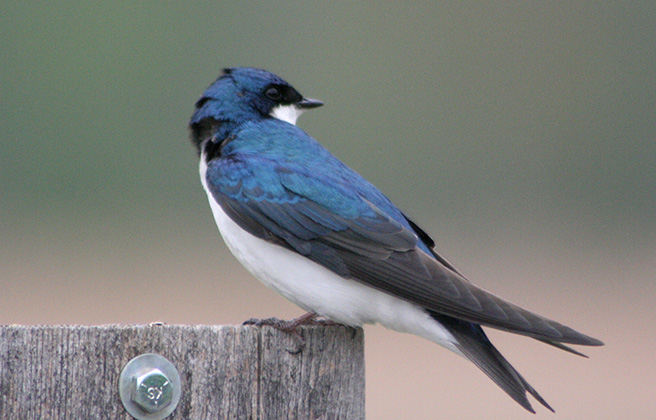
Governor Kathy Hochul of New York signed the Birds and Bees Protection Act into law to protect New York residents and wildlife from harmful neonicotinoid pesticides, or “neonics.” Neonics are the most ecologically destructive pesticides since DDT, which was banned from use in the U.S. in 1972. An EPA study has found that neonics are driving more than 200 species toward extinction.
The new law will restrict and eventually prohibit the use of neonics in New York, creating a safer and more sustainable environment for people, pollinators, and other wildlife.
Source: Office of Governor Hochul
Check out the Power Source Blog and follow us on Instagram or Twitter for more Good Climate News every Monday.